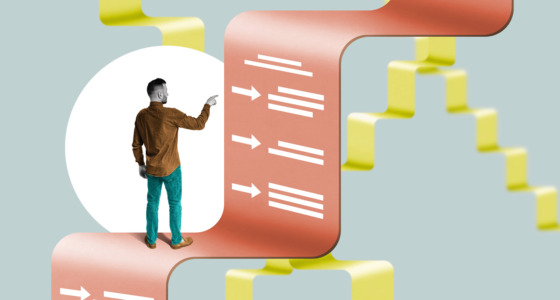

The stock market plays an important role in the broader financial market and the economy. They’re so tightly connected that investors confused the stock market and the economy during the Roaring Twenties. Even though the recessions began in August 1929, people were buying stocks up until October 1929.
If you don’t want the same to happen to you, then it’s time to learn more about the stock market.
A quick history of the stock market
Simply speaking, the stock market is where securities are traded. The first time people were brought together to exchange securities was in the 18th-19th century. At the time, there was an increase in military spending, which created the need for additional funding. For this purpose, the first stock exchange started issuing bonds.
Today, the global financial stock totals more than $118 trillion and continues to grow. And the United States, Asia-Pacific, and Europe account for the biggest trading volume.
Function and purpose of the stock market
The stock market redistributes capital to the most promising sectors of the economy. Companies use the stock market as a way to raise funds to develop and expand their operations. The stock market also helps to:
- Facilitate the exchange of securities
- Provide liquidity
- Measure the health of the economy
- Spread equity
If it weren’t for the stock market, companies and traders would need to put ads in newspapers or post them online to find investors. This would make dealing in shares inefficient and practically pointless. Traders would also have no reliable entity to fulfill and process their transactions.

How is the stock market structured?
Broadly speaking, the stock market consists of investors, brokers, and regulatory authorities. Brokers execute orders by investors, and regulatory authorities ensure that all commitments are met.
There are different types of corporate governance systems:
- The Anglo-Saxon model, where non-banking institutions act as brokers
- The German model, where banks perform brokerage services
- And the mixed model
Shares are first issued through IPOs on the private market. But the majority of trading is done through the secondary market — public exchanges. Some of the largest exchanges are the New York Stock Exchange (market cap: $26.64 trillion), Nasdaq (market cap: $23.46 trillion), and the Shanghai Stock Exchange (market cap: $7.63 trillion).
Other classifications of the stock market can be done by:
- Types of securities: shares, bonds, and derivative financial instruments
- Issuers: companies and governments
- Types of transactions: spots, forwards, etc.
- Sectors: energy, materials, industrials, healthcare, etc.
What affects stock values, and how can you profit from price changes?
What makes stock prices go up and down? It is a combination of:
- Supply and demand
- Company health
- Economy
- Trader sentiment
- Current market trends
And finally, how do traders get returns? The first source is dividends — Berkshire Hathaway collected more than $5 billion in dividend income last year. The second is by selling assets — in Q4, Berkshire sold 11.4 million shares of ABBV stock worth over $1.5 billion.
The benefit of investing in securities is that the potential returns can exceed the initial investment by many times. However, remember that it is highly risky.







